
Annual Forage & Grassland Management Webinar Series
Join us this year for the 2025 Forage & Grassland Management Annual Webinar Series. The full schedule and registration …


Job Description Dr. Castillo's program in research and extension is focused on forages and grassland management, the use grasses as bioenergy crops, and development and application of technology to improve productivity and resiliency of pasture-based and integrated-crop-livestock systems. Programs are developed to support County/Regional Extension Agents and aid producers transition towards sustainable forage-livestocks systems.
Website forages.wordpress.ncsu.edu

Join us this year for the 2025 Forage & Grassland Management Annual Webinar Series. The full schedule and registration …
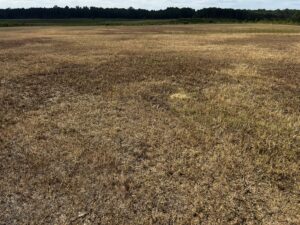
In 2024, we experienced a significant resurgence of fall armyworm infestations, resulting in notable damage to both tall fescue …
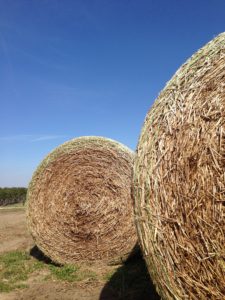
The Southeastern Hay Contest is more than just a competition – it’s an extesion-led regional effort effort to raise …

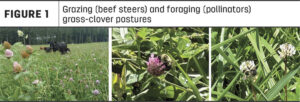
Following the impact of Hurricane Helene in western North Carolina, numerous agricultural resources—including livestock handling facilities, row crop fields, …
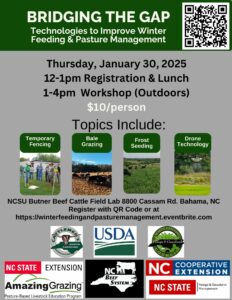
Technologies: Temporary fencing is a versatile tool that allows management of livestock, specially grazing cattle, in the landscape. Bale grazing provides …
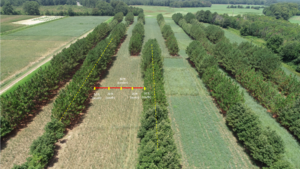
Silvopasture in Goldsboro, North Carolina. Silvopasture is a type of agroforestry system that integrates trees, forage, and livestock under a …

Since 2015, forage samples from North Carolina have continuously been submitted to the Southeastern Hay Contest and have consistently placed in …